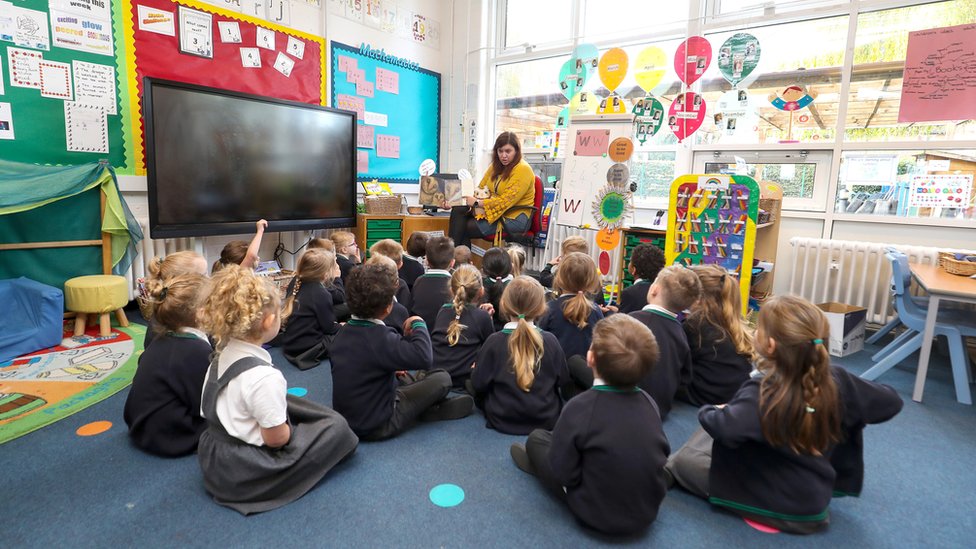A levels are quite different to GCSEs. For starters, there are far fewer subjects to study. This is because of the sheer amount of content there is to learn and the depth of understanding children are expected to gain. They provide a gateway to university, and solid foundations for the careers pupils decide to pursue. To learn about A level qualifications and how they differ from other courses, we’ve teamed up with a top a level school in the UK. Below are some interesting points that we’ve learned.
What Are A Levels?
Let’s start by understanding what A Levels actually are. They are a form of level 3 qualification children can choose to study after they leave school at their sixth form or college. To be classed as a fulltime student children must study at least 3 (or an equivalent) and are recommended to complete 4 to have access to a wide range of opportunities in the future.
Independent Study
A levels are a huge step up from GCSE. Children are expected to carry out one hour of independent study for each hour they are taught in the classroom. This means there’s a lot of responsibility on the pupil to take control of their learning. As opposed to starting revision in the months leading up to their exams, it is a continuous process they must start from the moment they begin their course. Wider reading is also expected as a part of their independent study so that children are able to broaden their understanding. It also teaches them to “think for themselves” and prepare for university.
The Grading System
The grades awarded at A level are different to those at GCSE. Instead of following a number system, A levels use an alphabetical grading system. The lowest grade that can be awarded is “Ungradable” or a “U”, and the highest is an A*.
UCAS Points
A level grades awarded also hold a point-based value which lets pupils apply for university via UCAS. This can be worked out using the UCAS tariff system. This can tell them whether they have the grades they need to get into their first and second choice of university.
What Are the Alternatives
A levels are exam-heavy compared to other types of qualifications children can go on to study post-16. If this is something that your child struggles with, there are alternatives that you may want to consider such as BTECs or part-time study options that allow the chance to gain real life work experience. BTECs are equivalent qualifications and are very similar in terms of the opportunities they offer as an increasing number of universities are accepting vocational qualifications.
As their A levels will shape their future, it’s vital that children think long and hard about those they want to study. You can help with their research by taking your time to understand their passions, ambitions, and the career they want to pursue. It’s also worth noting that some courses will have entry requirements, such as specific GCSE grades which they should review.

